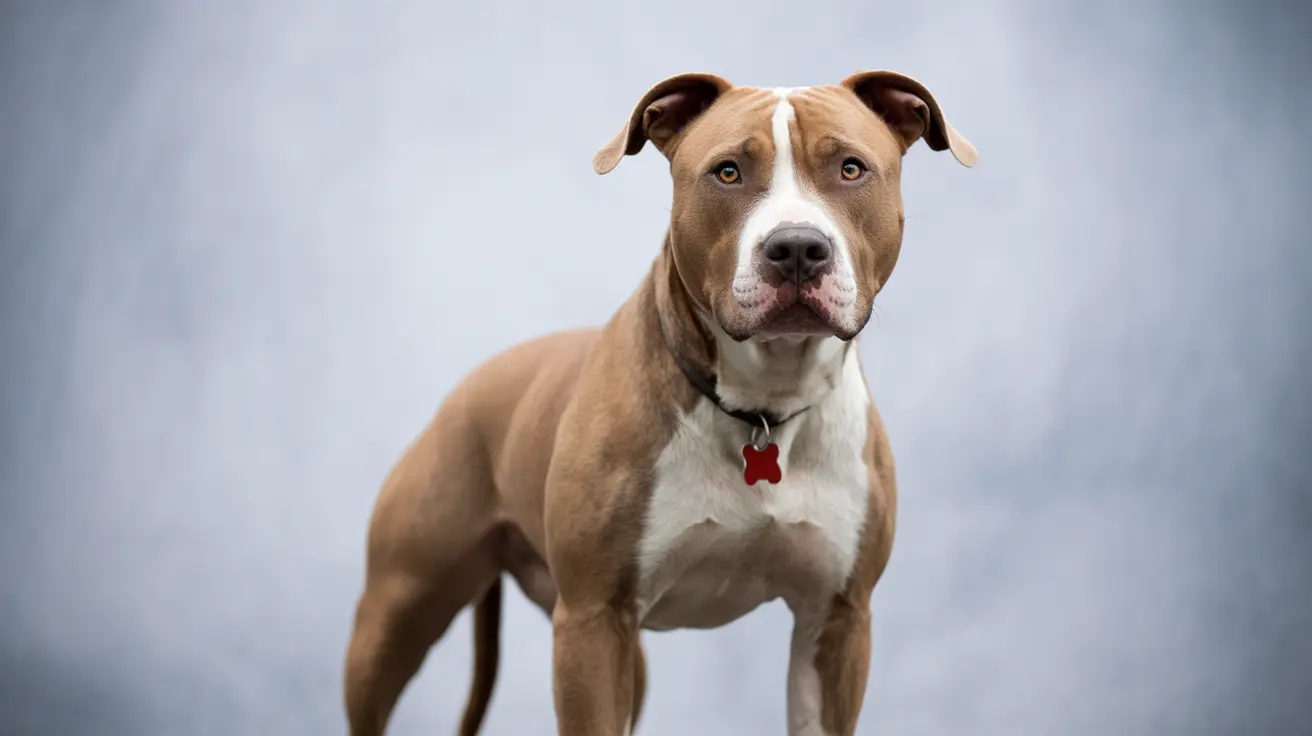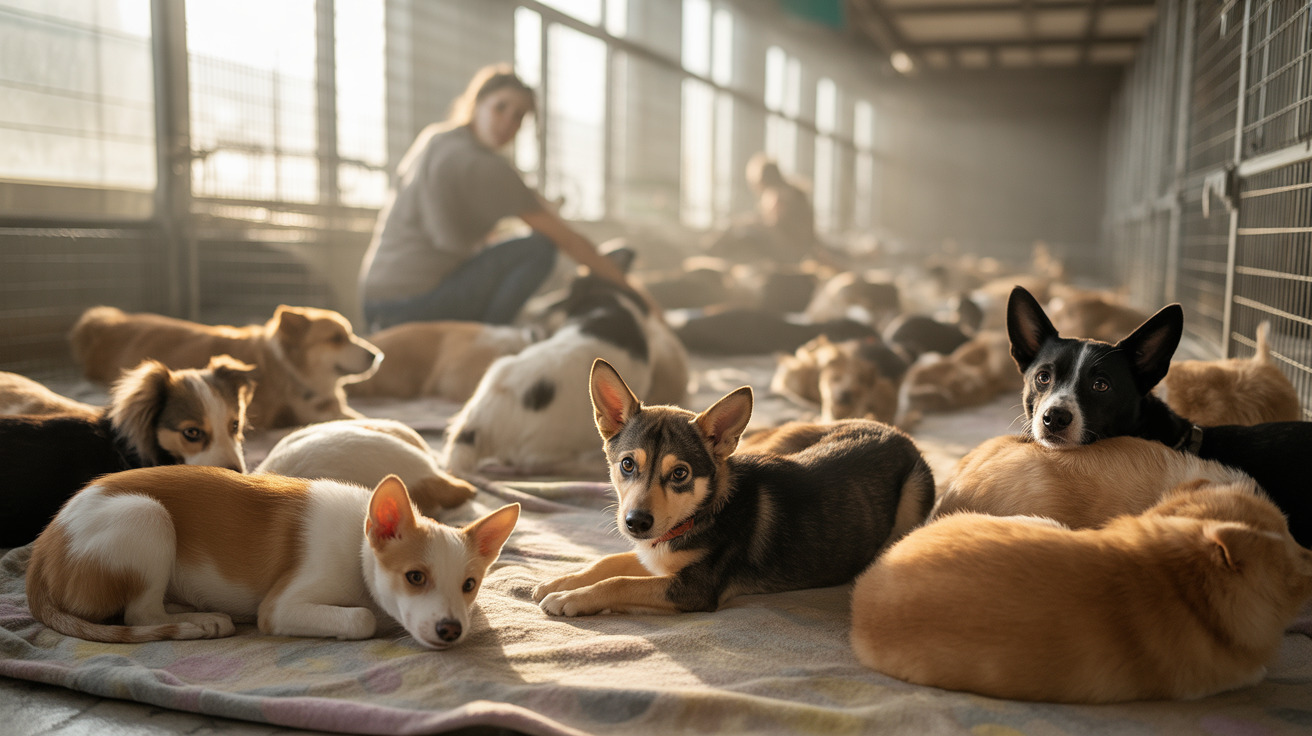When it comes to keeping outdoor cats healthy, proper vaccination is absolutely crucial. Outdoor cats face significantly more health risks than their indoor counterparts, making a comprehensive vaccination protocol essential for their wellbeing and longevity.
In this detailed guide, we'll explore the vital vaccines your outdoor cat needs, when they should receive them, and why these immunizations are so important for their protection against potentially life-threatening diseases.
Core Vaccines Every Outdoor Cat Needs
There are three essential vaccines that form the foundation of every outdoor cat's preventative health care routine:
FVRCP (3-in-1) Vaccine
This combination vaccine protects against three dangerous feline diseases:
- Feline Viral Rhinotracheitis
- Calicivirus
- Panleukopenia (Feline Distemper)
Rabies Vaccine
The rabies vaccine isn't just recommended—it's usually required by law. This vaccine is particularly crucial for outdoor cats who might encounter wildlife carrying the deadly virus.
Feline Leukemia (FeLV) Vaccine
For outdoor cats, the FeLV vaccine is considered a core requirement due to the high risk of exposure through contact with other cats.
Vaccination Schedule for Outdoor Cats
Following the proper vaccination timeline is crucial for establishing and maintaining immunity:
Kitten Vaccinations
- 6-8 weeks: First FVRCP
- 10-12 weeks: Second FVRCP, first FeLV
- 14-16 weeks: Third FVRCP, second FeLV, first rabies
Adult Cat Boosters
Adult outdoor cats typically need annual boosters for optimal protection, though some vaccines may last longer:
- FVRCP: Every 1-3 years
- Rabies: Annually or every three years
- FeLV: Annual boosters recommended for outdoor cats
Additional Protection Considerations
Beyond core vaccines, outdoor cats may benefit from additional protection based on their specific risk factors:
Non-Core Vaccines
- Bordetella
- Chlamydophila felis
- FIV (Feline Immunodeficiency Virus)
Risk Assessment Factors
Your veterinarian will consider several factors when recommending vaccines:
- Geographic location
- Local disease prevalence
- Contact with other cats
- Overall health status
Health Monitoring and Maintenance
Vaccination is just one part of keeping your outdoor cat healthy. Regular health monitoring should include:
- Monthly parasite prevention
- Regular veterinary check-ups
- Monitoring for vaccine reactions
- Maintaining vaccination records
Frequently Asked Questions
What core vaccines are essential for protecting outdoor cats from common diseases?
The core vaccines for outdoor cats include FVRCP (protecting against three diseases), rabies, and FeLV (Feline Leukemia). These vaccines provide protection against the most common and serious diseases outdoor cats may encounter.
How often should outdoor cats receive booster shots for rabies, FVRCP, and FeLV vaccines?
Outdoor cats typically need annual boosters for FeLV, while rabies and FVRCP may be given annually or every three years, depending on the specific vaccine type and local regulations. Your veterinarian will recommend the appropriate schedule based on your cat's risk factors.
Why is the feline leukemia virus (FeLV) vaccine especially important for outdoor cats?
The FeLV vaccine is crucial for outdoor cats because they have a higher risk of exposure through contact with infected cats. FeLV can lead to serious health issues, including cancer and immune system suppression, making prevention essential.
Are there any additional vaccines outdoor cats should consider besides the core ones?
Depending on your cat's specific risks, your veterinarian might recommend non-core vaccines such as Bordetella or Chlamydophila felis. These decisions are based on factors like geographic location and exposure to other cats.
How can I safely transition my kitten outdoors after completing their vaccination series?
Wait at least two weeks after completing the full vaccination series before allowing outdoor access. Start with supervised, short periods outdoors, gradually increasing duration as your kitten becomes more comfortable. Ensure they're microchipped and wearing appropriate identification.
Conclusion
Protecting your outdoor cat through proper vaccination is a fundamental responsibility of pet ownership. By following the recommended vaccination schedule and working closely with your veterinarian, you can help ensure your outdoor cat stays healthy and protected against common feline diseases.
Remember that vaccination needs may change over time, so regular veterinary consultations are essential for maintaining your cat's optimal health protection strategy.






